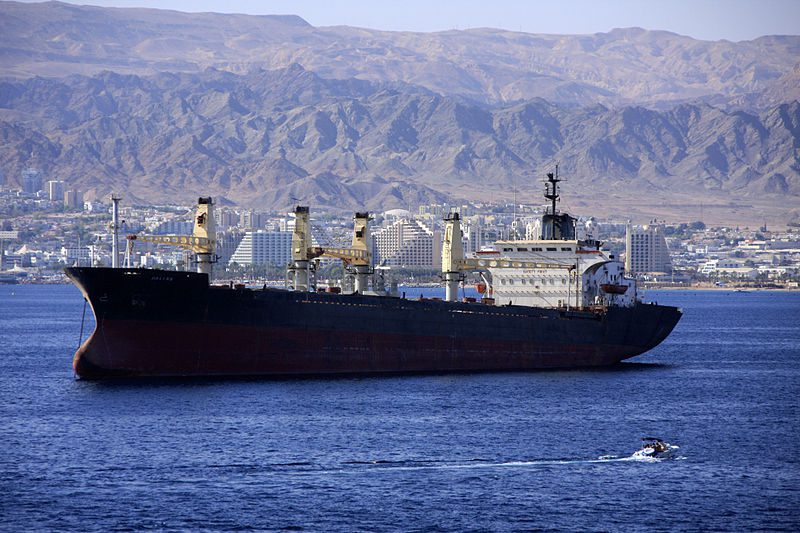
Saving Suez : As Red Sea attacks threaten global trade, what it means for India
NEW DELHI : The strait of Bab-el-Mandeb, which means the gate of grief in Arabic, is living up to its name for shippers and traders across the world, as it turns the Israel-Palestine war into a global economic problem. For weeks, ships transiting the strait, a choke point in the Suez Canal, have been under attack from the Houthis, a group of highly trained, Yemen-based, Iran-backed militants with access to an array of sophisticated naval artillery. The attacks are part of the group’s offensive against Israel’s bombardment of Gaza.
At least 10 of the world’s biggest shippers and one oil supermajor have decided to avoid the canal, a passageway for more than 20,000 ships a year, which account for 12% of global trade, 9% of oil demand, 6% of LNG imports and 30% of container shipments. More than 300 ships have taken a detour of 6,000 nautical miles around the Cape of Good Hope this week. A chunk of shipments, especially closer to the Red Sea ports will move to roadways. This has led to an increase in transit time, shipping rates and insurance premia, and threatens to send production schedules across the world awry.
An Indian-flagged crude oil tanker in the Red Sea was attacked by a drone fired by the militants. On Saturday, a commercial tanker, MV Chem Pluto transiting through the Arabian Sea caught fire after being hit by a drone. No one has yet claimed responsibility for the attack.
As per reporters spoke to ship owners, exporters, trade and industry bodies and insurers about the crisis. They all hope it will be short-lived, especially with the US setting up a task force to protect shipments. Many fear that, if prolonged, the crisis would destabilise shipping rates that fell just recently after reaching dizzying highs during the Covid years. It will also add to inflationary pressures that are squeezing economies across the world.
“A total of 314 vessels were diverted between December 19 and 22,” says Dominique Nadelhofer, spokesperson of Kuehne +Nagel, one of the world’s biggest freight forwarders. “A week ago, that number was 5. So the situation is very dynamic.”
However, according to a statement from the Suez Canal Authority, more than 2,128 ships transited the canal between November 19 and December 17, and only 55 had taken a detour. Each detour around the Cape of Good Hope stretches transit time by 10-12 days. This increases costs and even the requirement of vessels. A round trip between India and Europe, for instance, takes 56 days and 8 vessels. If the trip extends to 63 days, an extra vessel will be required. The prices are inching up — Brent crude rose by 1.2% on Wednesday. Freight rates have gone up, too.

